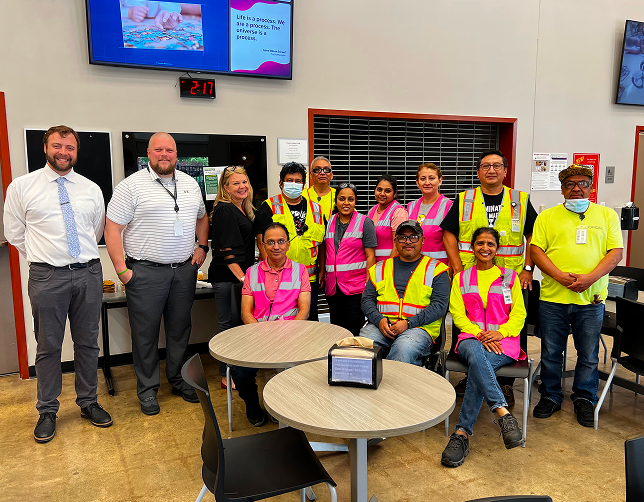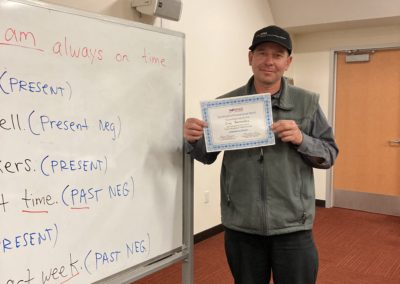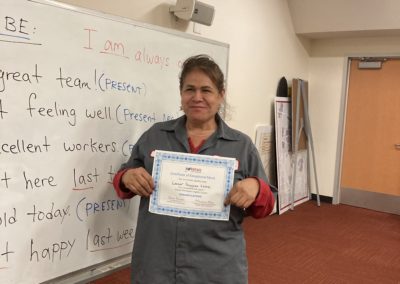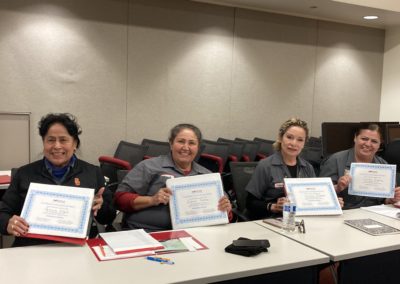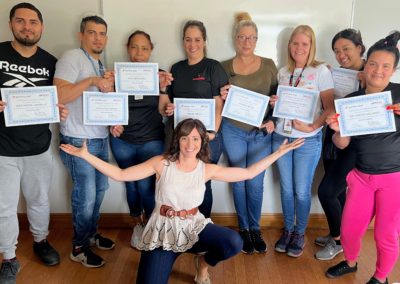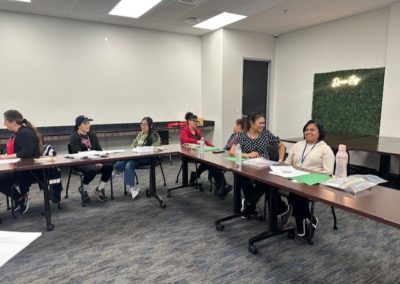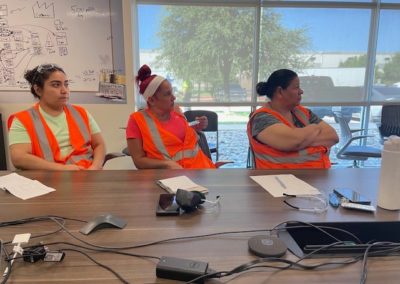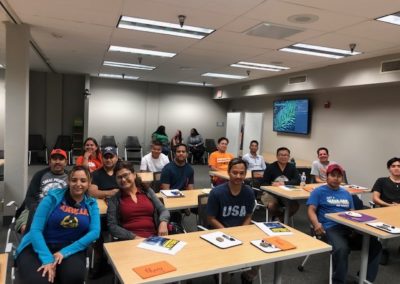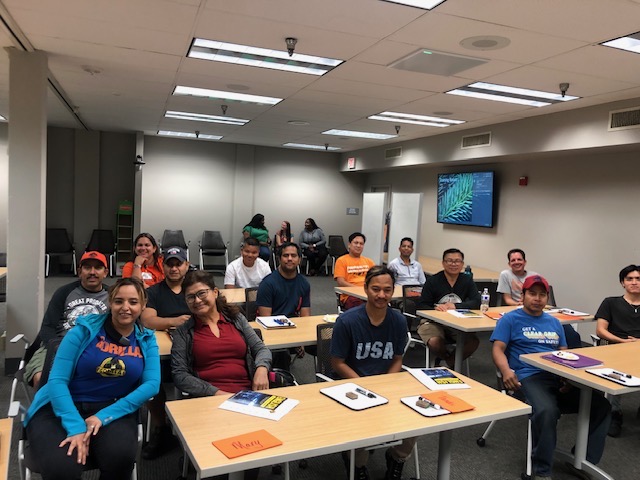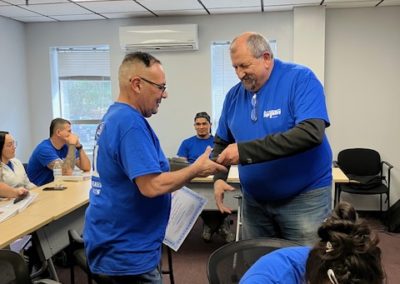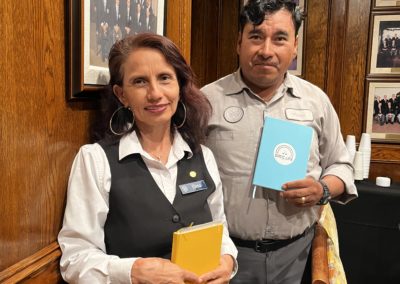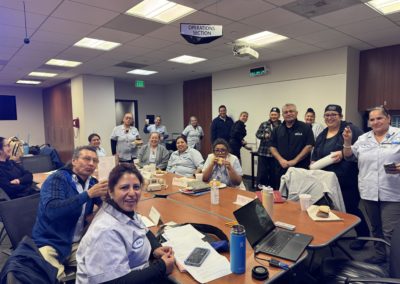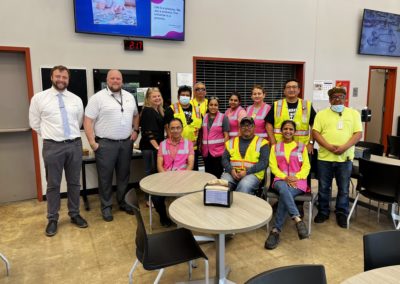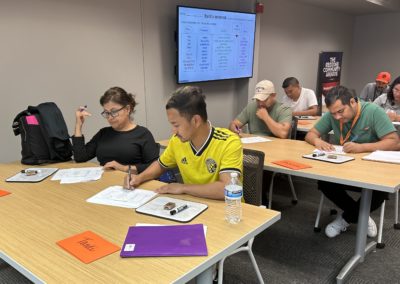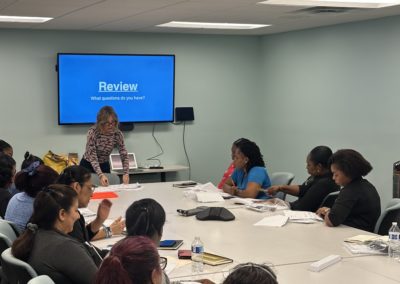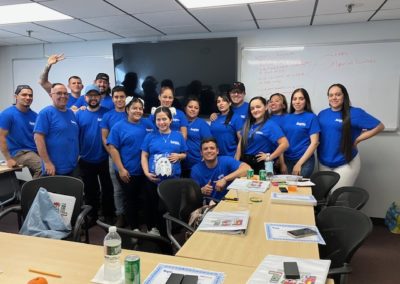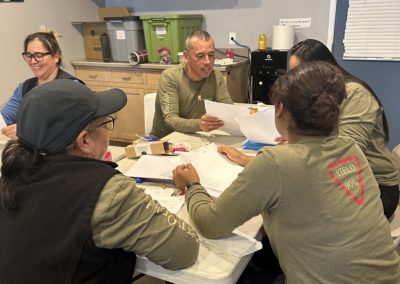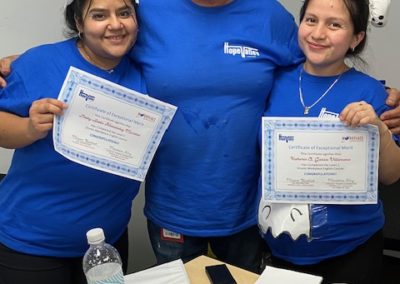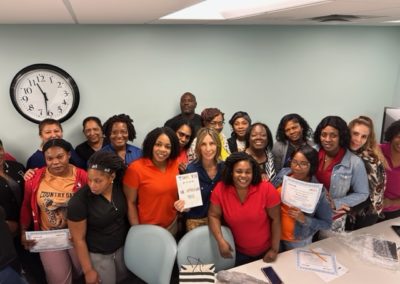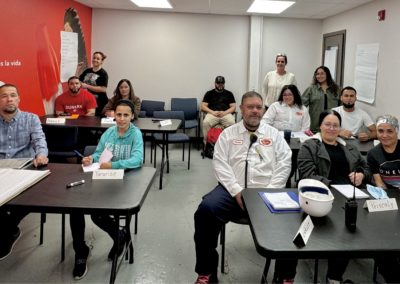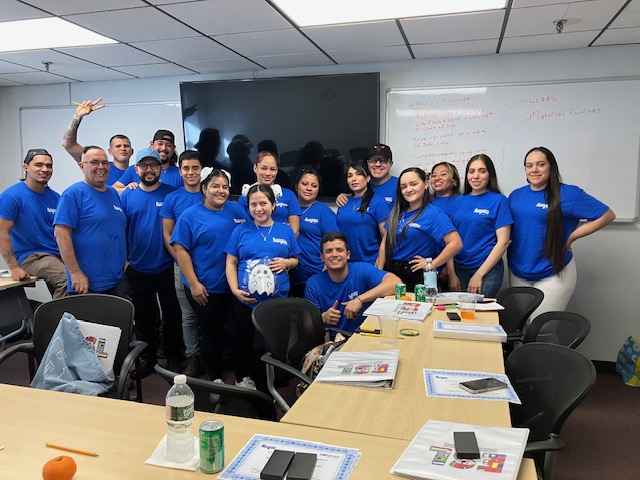About Workplace
Languages
Corporate Language Solutions
Any Language • Any Industry • Any Time

How Workplace
Languages Started
Ed Rosheim is the founder and President of Workplace Languages, a corporate language training company and international translation agency. Ed started his love for language in college when taking his first Spanish class as a sophomore. Although getting a relatively late start as far as learning a language goes, it shaped his philosophy regarding second language acquisition.
Feeling the need to “catch up,” Ed spent 6 months in Spain and a year later, 3 months in the Canary Islands. He received an MA in Spanish in 1991. A job as a bilingual social worker and various community college teaching experiences in Iowa helped Ed continue to learn the language, teach, and connect with the Latino culture.
It was a move to Minnesota in 1998 and a job at a Twin Cities community college where he saw a need for a different type of service and way of doing
things. A number of Fortune 500 companies based in Minnesota would send employees to this particular college looking for Spanish that would help them “get their point across” to staff and clients. Ed saw that students were being loaded down with grammar and weren’t getting lessons tailored to their needs and weren’t industry, company, or job-specific.

things. A number of Fortune 500 companies based in Minnesota would send employees to this particular college looking for Spanish that would help them “get their point across” to staff and clients. Ed saw that students were being loaded down with grammar and weren’t getting lessons tailored to their needs and weren’t industry, company, or job-specific.

Where Workplace
Languages Is Today
Workplace Languages started as strictly a language training company with Ed doing all of the teaching. From teaching English to housekeepers at a local casino to Spanish at local manufacturing plants, Ed was developing a teaching methodology that fit a niche with companies. From there, through word of mouth, companies in a number of states wanted this type of “give them what they need” approach to help employees communicate effectively in the workplace.
Workplace Languages soon became more than a training company but rather a full-service language provider offering business language solutions for all industries in all languages. Services such as translations, voiceovers and over-the-phone interpretation were added as well as on-site and online corporate language training and bilingual training products customized to each company’s needs.
You Might Also Be Interested In …

WRITTEN
TRANSLATIONS

LANGUAGE
TRAINING

BILINGUAL
PRODUCTS
Read Our Blog

Using Translation Apps as Tools, Not Crutches
Online English Teacher: “... And how did that make you feel? Lower Intermediate Online ESL Student: (the sound of typing in the background) “In this situation, I feel drab.” Student-constructed answers such as in the previous example are nothing new having been around...

Why Off-the-Shelf Misses the Mark
Every business is unique, and that uniqueness weaves its way into every part of the culture. Business communication – both internal and external – is no exception. That’s why we offer custom language programs and bilingual products. When we work with you to create...

Improving Communication with LEP Employees
With foreign-born employees making up nearly 17% of the workforce – and up to nearly 25% in service industries – chances are good that you have some LEP (Limited English Proficiency) employees on your staff. Communication barriers exist, and it’s up to you as a...

